[China] Introduction of incentives for scrapping gasoline-powered vehicles / Beijing's shift to EVs continues
- Release date: Apr 20, 2021
- 2906 Views
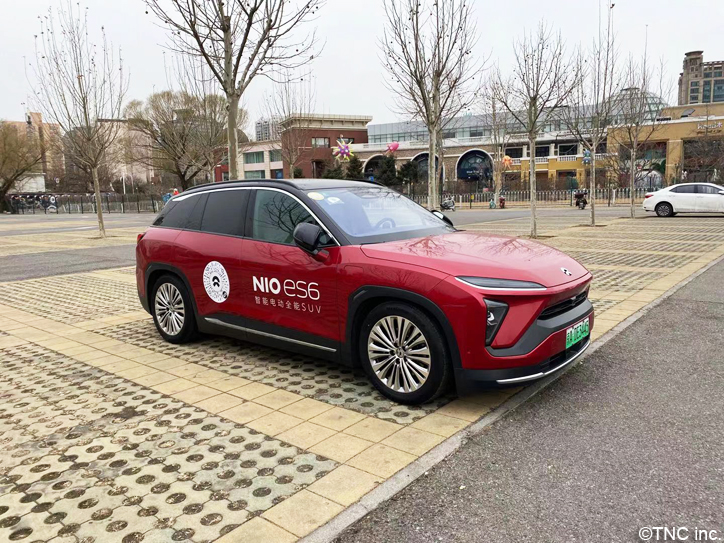
Sales of EVs surpass 1.2 million units thanks to campaign effects
From April 2020 to December 2021, the city of Beijing is running a campaign to promote the scrapping of gasoline-powered cars. The city of Beijing will cover all the costs of the scrapping process, and will also pay more than 2,200 yuan (about 37,000 yen) as an incentive to car owners, depending on the type of car. In addition, to encourage people to switch to EVs, the city will pay up to 10,000 yuan (about 168,000 yen, depending on the model and brand) if they purchase an EV car within one year of scrapping their gasoline car. Thanks in part to Beijing's extensive campaign and publicity, the shift from gasoline to EV cars has been progressing over the past year, and sales of EV cars have been steadily increasing, with sales of EV cars in China topping 1.2 million units in 2020, or about 6.3% of the car sales market.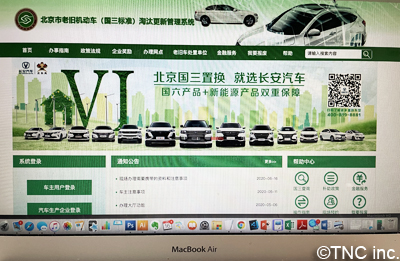
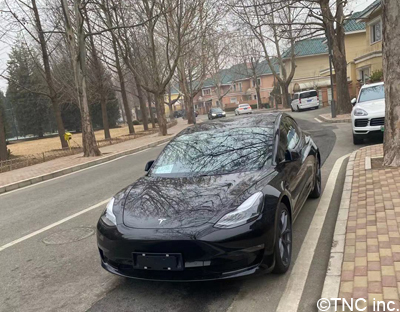
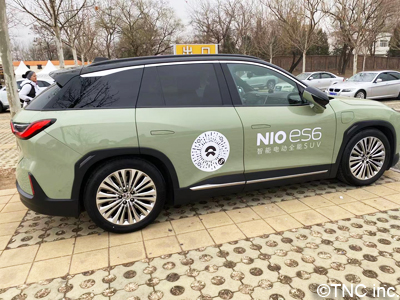
By 2035, all new car sales will be new energy vehicles and hybrid vehicles.
Since 2011, Beijing has been regulating the number of newly registered gasoline vehicles by introducing a lottery system for obtaining gasoline vehicle license plates. However, new problems have arisen, such as the buying and selling of license plates on the black market, and the original goal of eliminating traffic congestion and air pollution has not been achieved.As a result of the campaign to incentivize the scrapping of gasoline vehicles, EVs have been rapidly gaining popularity in Beijing, and charging facilities can be seen throughout the city and residential areas. In contrast, EV vehicles were allowed to register without a lottery (with a cap set at 1 million).
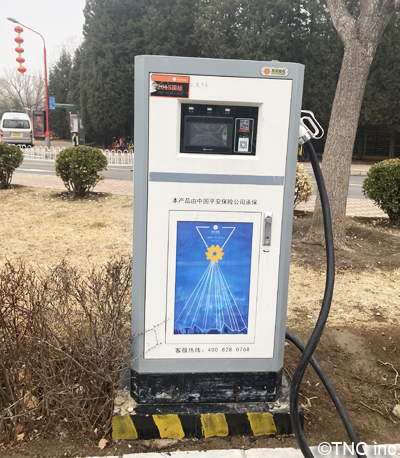
-
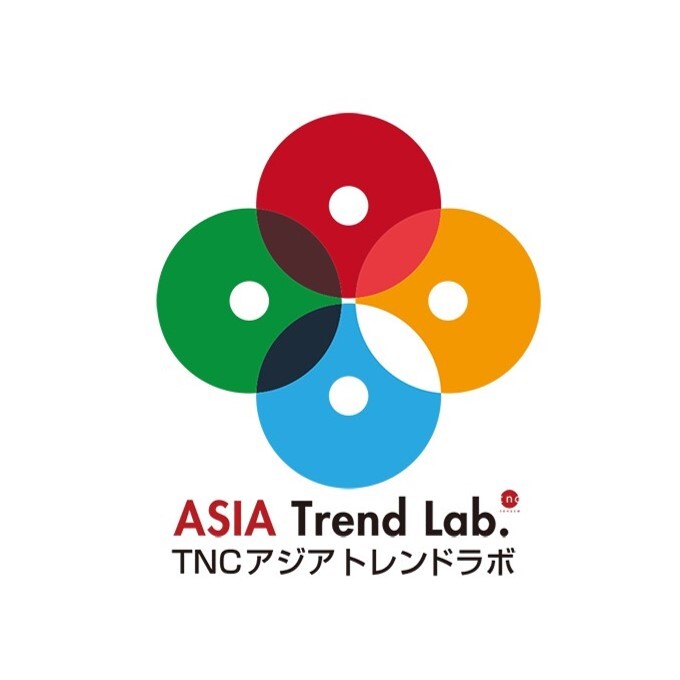
Author profile
TNC ASIA Trend Lab
TNC ASIA Trend Lab is an information organization run by TNC Inc. that researches and shares trends in Asia. It supports corporate marketing activities by finding insights from trends rooted in the lifestyles and habits of local consumers.
http://tnc-trend.jp/ -
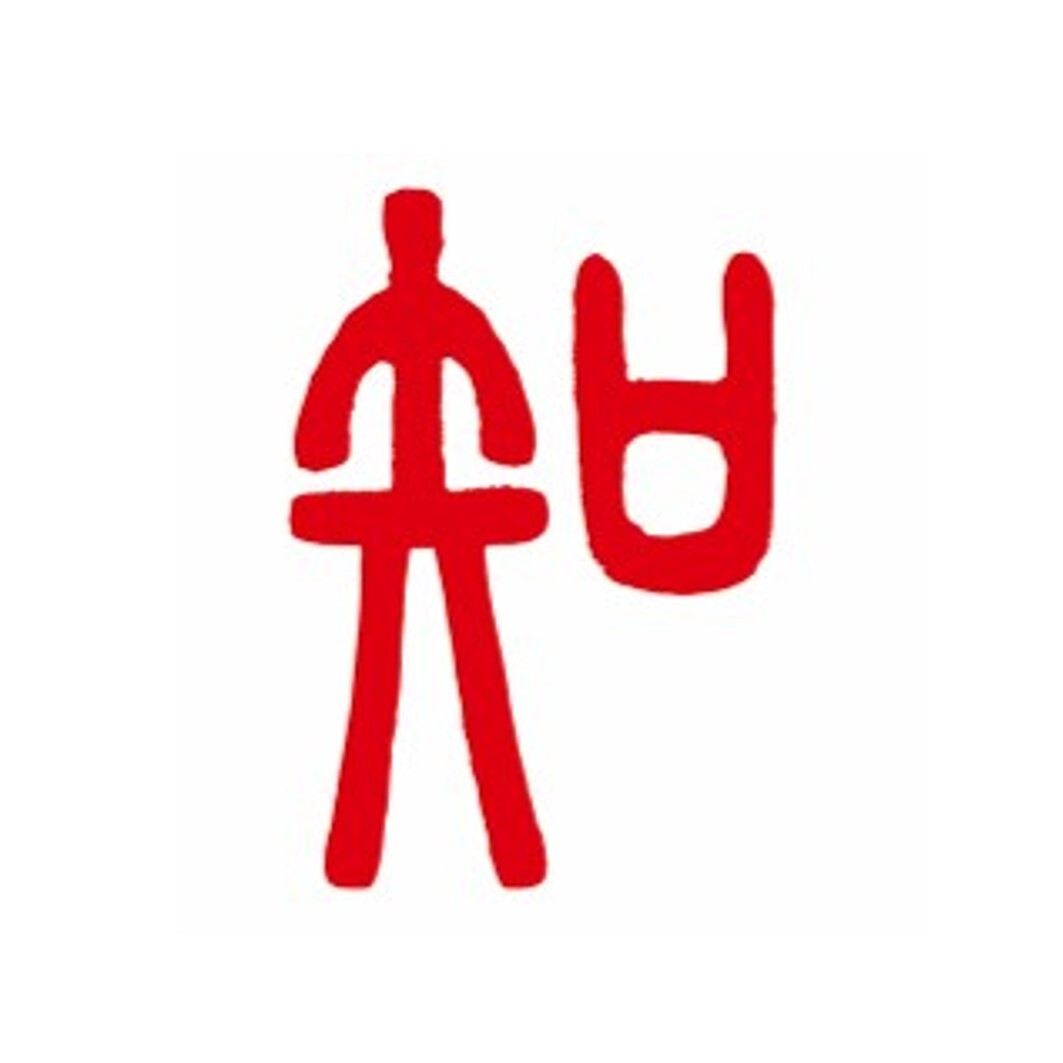
Editor profile
Intage Inc.
 Global Market Surfer
Global Market Surfer CLP
CLP